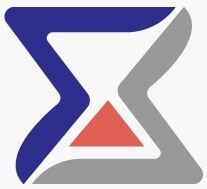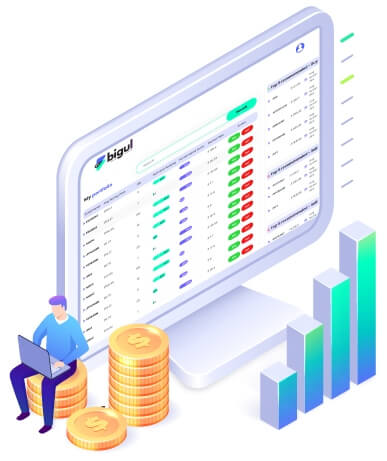Basic Services Demat Account (BSDA), revised by SEBI from June 2019 onwards no longer has annual maintenance charges for BSDA debt securities up to ₹50,000 whereas there will be ₹100 plus taxes per holding for holdings from ₹50,000 up to ₹2 lakhs.
2. Demat Account Maintaining Charges
Apart from the opening Demat charge annually you pay the maintenance charge on your Demat Account too. These notifications include minimal payments approximating between INR three hundred and eight hundred rupees depending on the Directory Participant and value of transactions you undertake in a year. For small investors, an annual maintenance charge can be waived. The Securities and Exchange Board of India (SEBI) has defined a particular Demat Account for small investors with a balance of Rs.50,000 or less. It is called Basic Services Demat Account (BSDA). If you have a BSDA, you can waive off the annual maintenance charge.
3. Demat Transaction Charges
Also, there is a nominal fee charged by your Depository Participant for transactions. This fee applies to each transaction carried out through your Demat Account by the DP. Whenever securities are received into or delivered from your demat account, these will attract transaction charges. Some DPs will take the transaction charges monthly. Buying or selling may result in different transaction charges. Additionally, some DPs only levy this charge when securities are being sold.
4. Demat Account Safety Charges or Custodian Fees
In the past, stock exchange transactions before the advent of technology were done using physical paper-based certificates. The trader was responsible for their safe custody. However, with demat accounts in place, it is the DP who is responsible for keeping a traders’ securities safe. Thus, depending on the number of securities held in a demat account, traders are charged nominal custodian fees.















